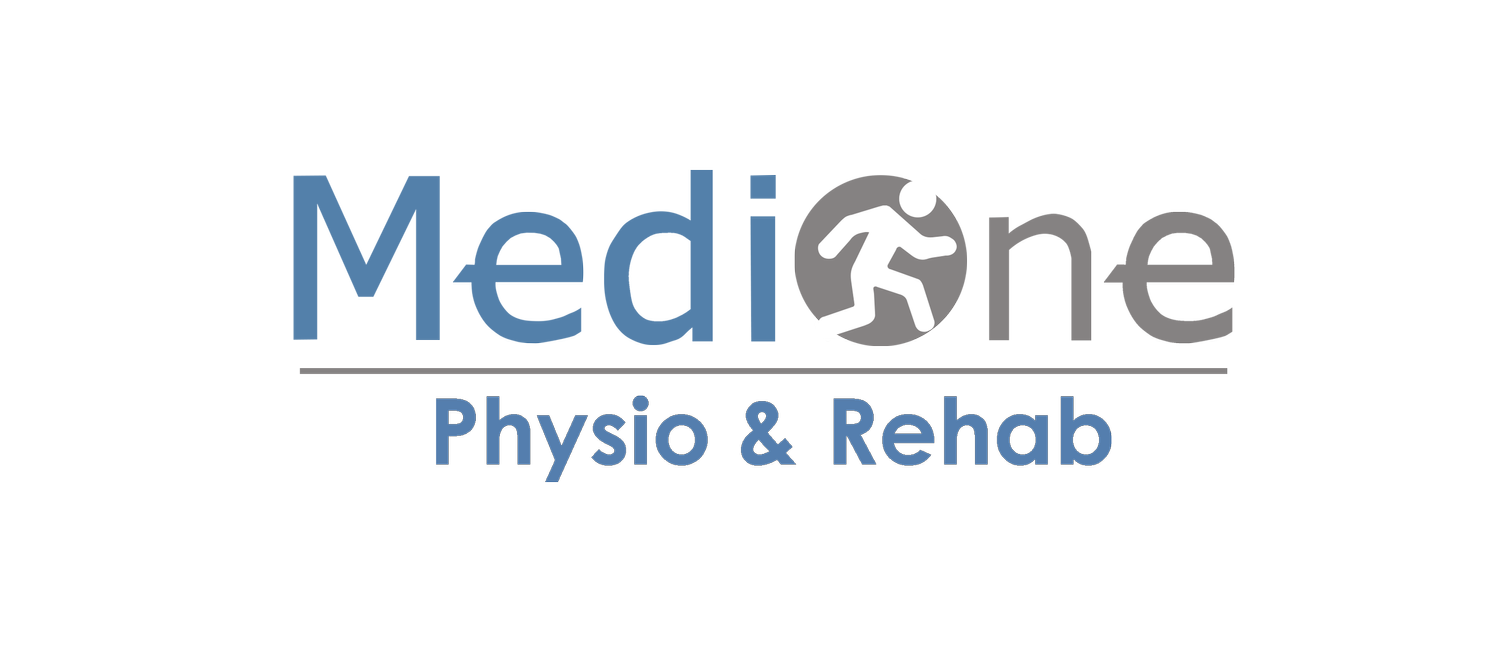How Can Omega-3’s Help Me?
Omega-3 fatty acids are essential fats that play a crucial role in overall health. While they can be obtained through diet, supplementation is often recommended to ensure adequate intake. Here are four key benefits of Omega-3 supplementation, backed by scientific research.
Supports Heart Health
Omega-3s help lower triglycerides, reduce blood pressure, and support heart function. A meta-analysis in the *Journal of the American Heart Association* found that regular intake reduces the risk of heart disease and stroke (Hu et al., 2019). Additionally, Omega-3s may help prevent arterial plaque buildup, lowering the risk of atherosclerosis.
Enhances Brain Function and Mental Health
DHA, a key Omega-3, is vital for brain health. Studies show that supplementation may improve memory, slow cognitive decline, and reduce depression and anxiety symptoms. A *JAMA Psychiatry* study found significant improvement in depressive symptoms with Omega-3 supplementation (Guu et al., 2020). The anti-inflammatory effects also contribute to better brain function.
Reduces Inflammation and Supports Joint Health
Omega-3s help combat chronic inflammation linked to arthritis and autoimmune diseases. Research in *The American Journal of Clinical Nutrition* found that supplementation reduced inflammation and joint pain in rheumatoid arthritis patients (Calder, 2020). Additionally, Omega-3s may enhance joint lubrication and improve mobility, making them beneficial for individuals with osteoarthritis and other degenerative joint conditions. Their anti-inflammatory properties may also help reduce stiffness and swelling in affected joints, improving overall comfort and function.
Promotes Eye Health and Vision Protection
DHA plays a crucial role in maintaining retinal integrity and may help prevent age-related macular degeneration (AMD). A study in *Investigative Ophthalmology & Visual Science* reported a lower risk of AMD in individuals with higher Omega-3 intake (SanGiovanni et al., 2019). Supplementation can be beneficial for preserving vision as people age.
In conclusion, Omega-3 supplementation offers a range of health benefits, from supporting heart and brain function to reducing inflammation and promoting eye health. As research continues to highlight its positive effects, incorporating Omega-3s into a daily routine—whether through diet or supplements—can be a proactive step toward overall well-being. Consulting with a healthcare professional can help determine the appropriate dosage and ensure the best health outcomes.
At MediOne Physio & Rehab we’re here to provide a comprehensive assessment your health and wellness. We help curate a concise and effective treatment plan to help you manage your health. Questions about your diet or joint health?
We offer complimentary consultations for Dietetics, Physiotherapy and Chiropractic. See the link below and book yours today!
References
Calder, P. C. (2020). Omega-3 polyunsaturated fatty acids and inflammatory processes: Nutrition or pharmacology? *The American Journal of Clinical Nutrition, 112*(4), 1372-1383.
Guu, T. W., Mischoulon, D., Sarris, J., et al. (2020). Omega-3 fatty acids for depression: A systematic review and meta-analysis of randomized placebo-controlled trials. *JAMA Psychiatry, 77*(5), 463-473.
Hu, Y., Hu, F. B., & Manson, J. E. (2019). Marine Omega-3 supplementation and cardiovascular disease: An updated meta-analysis. *Journal of the American Heart Association, 8*(19), e013543.
SanGiovanni, J. P., Chew, E. Y., Agrón, E., et al. (2019). The relationship of dietary Omega-3 long-chain polyunsaturated fatty acids with age-related macular degeneration. *Investigative Ophthalmology & Visual Science, 60*(1), 233-245.







